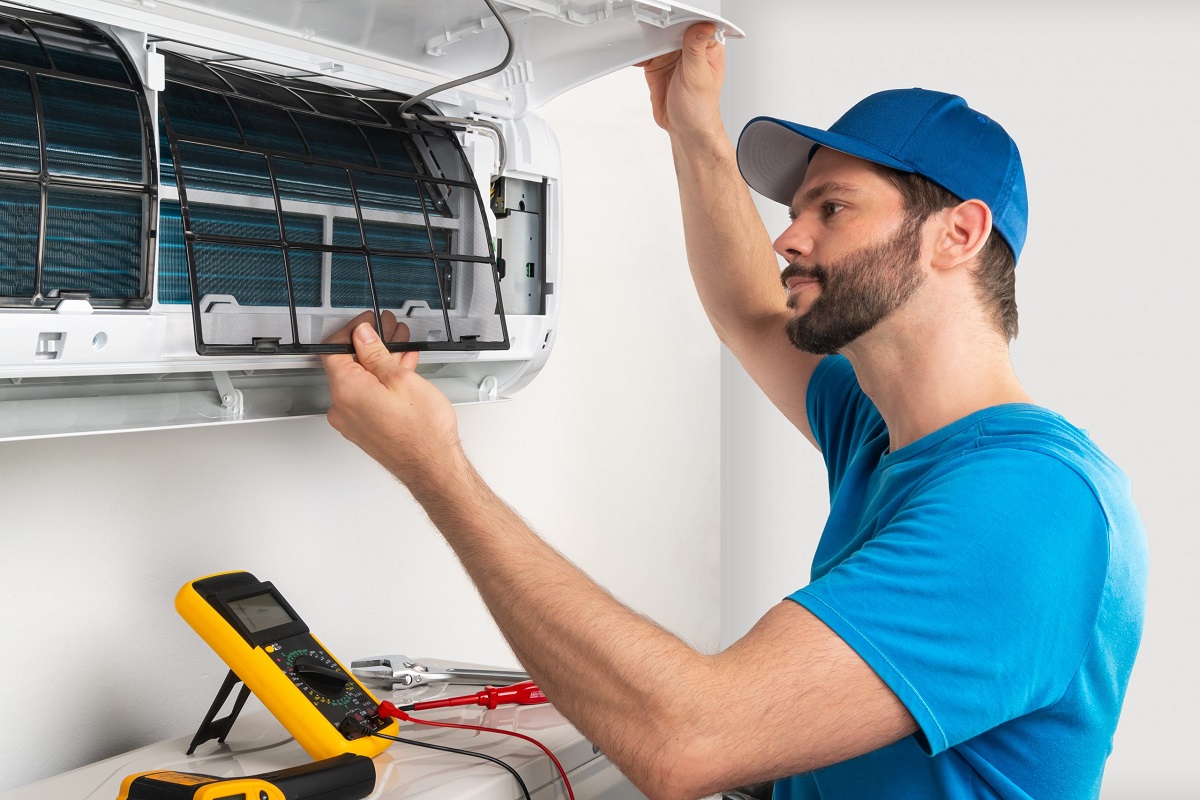

Articles
How Often Should You Service Your AC
Modified: October 28, 2024
Regular AC service is crucial for maintaining its efficiency and longevity. Discover expert insights and tips in our informative articles on how often to service your AC.
(Many of the links in this article redirect to a specific reviewed product. Your purchase of these products through affiliate links helps to generate commission for Storables.com, at no extra cost. Learn more)
Introduction
When it comes to keeping your home cool and comfortable, your air conditioning (AC) system plays a crucial role. However, like any mechanical equipment, your AC system requires regular maintenance to ensure optimal functioning. Regular AC servicing not only prolongs the lifespan of your unit but also helps you avoid costly repairs and ensures efficient and energy-saving operation.
In this article, we will explore the importance of regular AC servicing and discuss how often you should service your AC. We will also delve into the various factors that should be considered when determining the frequency of AC servicing, including manufacturer recommendations and signs that indicate your AC may need immediate attention.
By understanding the benefits of regular AC servicing and implementing the necessary maintenance practices, you can enjoy a cool and comfortable home environment while maximizing the lifespan and performance of your AC unit.
Key Takeaways:
- Regular AC servicing is crucial for optimal performance, energy efficiency, and extended lifespan. DIY maintenance complements professional servicing, contributing to improved indoor air quality and energy savings.
- Factors such as usage, environment, and manufacturer recommendations determine the frequency of AC servicing. Addressing signs of AC issues promptly and adhering to professional and DIY maintenance practices ensures a cool, comfortable, and efficient home environment.
Importance of Regular AC Servicing
Regular AC servicing is essential for maintaining the efficiency, performance, and longevity of your air conditioning system. Here are some key reasons why regular AC servicing is important:
- Optimal Performance: Regular servicing helps ensure that your AC system operates at its peak performance. Over time, dust and debris can accumulate in your unit, hindering airflow and reducing its cooling capacity. Routine maintenance, including cleaning or replacing air filters, lubricating moving parts, and cleaning the condenser coils, ensures proper airflow and maximizes the cooling efficiency of your AC system.
- Energy Efficiency: A properly serviced AC system operates more efficiently, resulting in energy savings. When your AC unit is clogged with dirt and debris, it requires more energy to cool your home, leading to increased energy consumption and higher utility bills. Regular maintenance helps keep your system clean and in optimal condition, allowing it to operate with lower energy consumption and reduce your carbon footprint.
- Improved Indoor Air Quality: Your AC system not only cools the air but also filters out dust, pollen, and other airborne particles, improving the indoor air quality. Regular servicing includes cleaning or replacing air filters, which keeps the air circulated in your home clean and free from pollutants. Clean filters also prevent the growth of mold and bacteria, ensuring a healthier living environment for you and your family.
- Prolonged Lifespan: Just like any other mechanical equipment, your AC system is subject to wear and tear over time. Regular maintenance helps identify and address any potential issues before they escalate and cause major system failures. By catching problems early on, you can extend the lifespan of your AC unit and avoid costly repairs or premature replacements.
- Cost Savings: Regular servicing not only helps prevent major system failures but also reduces the likelihood of emergency repairs. By addressing minor issues during routine maintenance, you can avoid expensive repairs that could arise if these problems are left unattended. Additionally, a well-maintained AC system is more reliable, reducing the risk of unexpected breakdowns that could result in costly repair bills.
Overall, regular AC servicing is crucial for maintaining optimal performance, energy efficiency, indoor air quality, and extending the lifespan of your system. By investing in routine maintenance, you can ensure that your AC system operates at its best, keeping your home cool and comfortable throughout the year.
Factors to Consider When Determining Servicing Frequency
The frequency of AC servicing can vary depending on several factors. While there is no one-size-fits-all answer, considering the following factors can help you determine the optimal frequency of servicing for your AC system:
- Usage: How often you use your AC system can influence the frequency of servicing. If you have your AC running continuously or use it more frequently during hot summer months, it may require more frequent servicing compared to a system that is used sparingly.
- Location and Environment: The environment in which your AC system operates can impact its performance and maintenance needs. If you live in an area with high levels of airborne dust, debris, or pollen, your AC system may require more frequent cleaning and filter replacements. Similarly, if your AC unit is exposed to salty air near the coast or excessive humidity, it may require additional maintenance to prevent corrosion or mold growth.
- Age of the System: Older AC systems may require more frequent servicing as they are more prone to wear and tear. Newer systems, on the other hand, may have advanced features that require less frequent maintenance. Consulting the manufacturer’s recommendations or seeking guidance from a professional can help determine the appropriate servicing frequency for your specific system.
- Manufacturer Recommendations: Manufacturers often provide guidelines regarding the recommended frequency of AC servicing for their units. These recommendations can be found in the user manual or on the manufacturer’s website. Adhering to these guidelines can help ensure that your AC system operates optimally and maintains its warranty. Deviating from these recommendations may result in voiding the warranty or compromising the performance of the unit.
- Previous Maintenance History: If your AC system has been well-maintained in the past and has had regular servicing, it may require less frequent maintenance. Conversely, if your system has been neglected or experienced issues in the past, more frequent servicing may be necessary to bring it back to optimal condition.
It’s important to note that these factors are general guidelines, and it’s always best to consult with a professional HVAC technician to determine the appropriate servicing frequency for your specific AC system. They can assess the condition of your unit, take into account the specific factors mentioned above, and provide personalized recommendations for maintaining and servicing your AC system.
By considering these factors and staying proactive in your AC system’s maintenance, you can ensure that your unit operates efficiently, extends its lifespan, and provides reliable cooling for years to come.
Manufacturer Recommendations for AC Servicing
Manufacturers of air conditioning systems often provide specific recommendations for the frequency and type of servicing required to maintain the optimal performance of their units. While these recommendations may vary between manufacturers and models, they serve as a valuable guide for maintaining your AC system. Here are some common manufacturer recommendations for AC servicing:
- Servicing Frequency: Manufacturers generally suggest having your AC system serviced at least once a year. This annual maintenance should be performed by a qualified HVAC technician who can inspect, clean, and tune up your unit. However, some manufacturers may recommend biannual servicing for more extensive inspections and maintenance.
- Filter Replacement: Regular filter replacement is a crucial part of AC maintenance. Manufacturers typically recommend cleaning or replacing the air filters every 1 to 3 months, depending on the type of filter and usage. Clogged or dirty filters can restrict airflow, reduce efficiency, and impact the overall performance and longevity of your AC system.
- Coil Cleaning: The condenser and evaporator coils of your AC system can accumulate dirt and debris over time, hindering heat transfer and reducing efficiency. Manufacturers often recommend having these coils cleaned annually or as needed, depending on the environment and usage conditions. Regular coil cleaning helps maintain optimal cooling efficiency and prevents potential issues associated with dirty coils.
- Component Inspection and Lubrication: Manufacturers may recommend inspecting and lubricating the moving parts of your AC system, such as motors, belts, and bearings, to ensure smooth and efficient operation. This inspection and lubrication process is typically carried out during the annual maintenance visit and helps prevent premature wear and tear of these components.
- Refrigerant Level Check: AC systems rely on the appropriate levels of refrigerant to cool the air effectively. Manufacturers often recommend checking the refrigerant levels during the annual maintenance visit to ensure they are within the recommended range. Low refrigerant levels may indicate a leak or other issues that require attention.
It’s important to note that manufacturer recommendations may vary, so it’s essential to consult your AC unit’s specific user manual or reach out to the manufacturer for accurate and up-to-date servicing guidelines. Adhering to these recommendations not only helps maintain the warranty and performance of your AC system but also ensures the safety and comfort of your home.
By following the manufacturer recommendations and scheduling regular servicing based on their guidelines, you can stay proactive in maintaining your AC system, prolong its lifespan, and enjoy efficient and reliable cooling throughout the year.
It is recommended to service your AC at least once a year to ensure it runs efficiently and to catch any potential issues early on. Regular maintenance can also help extend the lifespan of your unit.
Signs that Your AC Needs Servicing
While following the recommended servicing schedule for your AC system is important, there are certain signs that indicate your unit may require immediate attention and servicing. Being aware of these signs can help you address any potential issues before they worsen and ensure the optimal performance of your AC system. Here are some common signs that your AC needs servicing:
- Insufficient Cooling: If you notice that your AC is blowing warm or less cool air than usual, it may indicate a problem with the cooling mechanism. This could be due to issues like refrigerant leaks, a malfunctioning compressor, or dirty condenser coils. A professional AC technician can diagnose the problem and provide the necessary servicing to restore proper cooling.
- Poor Airflow: Reduced or weak airflow from your vents can be a sign of a clogged air filter, blocked ducts, or a failing blower motor. Ignoring this issue can put strain on your AC system and lead to decreased efficiency. Regularly cleaning or replacing air filters and addressing any blockages can help improve airflow and prevent further damage.
- Strange Noises: Unusual sounds coming from your AC unit, such as grinding, banging, or squealing noises, can indicate mechanical problems. These noises may stem from loose or damaged components, worn-out belts, or motor issues. It’s important to have these noises checked by a professional technician to prevent further damage and costly repairs.
- Unpleasant Odors: A persistent musty or burning smell emanating from your AC vents could indicate mold or electrical issues. Mold growth in your AC system can not only cause unpleasant odors but also impact the air quality in your home. Electrical problems should be addressed promptly to prevent any safety hazards. Contacting a professional technician can help identify and resolve the underlying issue.
- Frequent Cycling: If your AC system is turning on and off frequently, it may indicate an underlying problem. This could be due to issues with the thermostat, a clogged air filter, or refrigerant leaks. Frequent cycling can cause increased energy consumption and decrease the lifespan of your AC system. Having a professional technician inspect and service your unit can help resolve this issue and ensure proper operation.
It’s important not to ignore these signs or attempt to fix them yourself if you’re not experienced in AC repairs. Trying to troubleshoot or repair your AC system without the necessary expertise can worsen the problem or even pose a safety risk. It’s always recommended to contact a professional HVAC technician who can properly diagnose the issue and provide the necessary servicing to restore your AC system’s performance.
By staying vigilant and addressing these signs promptly, you can prevent further damage to your AC system and maintain a cool and comfortable living environment.
Read more: How Often Should You Have HVAC Serviced
Benefits of Regular AC Servicing
Regular AC servicing not only ensures the optimal functioning of your air conditioning system but also offers several benefits that contribute to your comfort, energy efficiency, and overall well-being. Here are some of the key benefits of regular AC servicing:
- Improved Energy Efficiency: One of the significant benefits of regular AC servicing is improved energy efficiency. Over time, dust and debris can accumulate in your AC system, obstructing airflow and reducing its cooling capacity. This forces your AC unit to work harder to cool your home, leading to increased energy consumption. By cleaning or replacing air filters, cleaning condenser coils, and lubricating moving parts, your AC system operates more efficiently and consumes less energy, resulting in lower utility bills.
- Enhanced Cooling Performance: Regular maintenance ensures that your AC system operates at its optimal performance level. By cleaning the system, checking refrigerant levels, and inspecting components, a professional technician can identify any issues that might hinder your AC’s cooling performance. Resolving these issues promptly helps maintain consistent and reliable cooling throughout your home.
- Extended Lifespan of Your AC System: AC units that receive regular servicing tend to have a longer lifespan compared to those that are neglected. Dust, dirt, and debris can cause significant wear and tear on your system, leading to premature breakdowns and costly repairs. By regularly cleaning and maintaining your AC system, you can prevent these issues, enhance its durability, and extend its overall lifespan.
- Improved Indoor Air Quality: Your AC system not only cools the air but also filters and circulates it. Regular AC servicing involves cleaning or replacing air filters, which helps remove dust, pollen, and other airborne particles from the air. This leads to improved indoor air quality, reducing allergies, respiratory issues, and improving overall health and well-being.
- Reduced Risk of Costly Repairs: Investing in regular AC servicing can significantly reduce the risk of unexpected breakdowns and costly repairs. During routine maintenance, technicians can identify and address minor issues before they escalate into major problems. This proactive approach helps prevent potential system failures, saving you from unnecessary expenses and inconvenience.
- Maintained Warranty: Many AC manufacturers include provisions that require regular servicing to maintain the warranty of the system. By adhering to the recommended servicing schedules, you ensure that your AC system remains eligible for warranty coverage, protecting you from unexpected repair costs during the warranty period.
Regular AC servicing offers numerous benefits that go beyond just keeping you cool. By improving energy efficiency, cooling performance, and indoor air quality while extending the lifespan of your system, you can enjoy a comfortable and healthy living environment while saving money in the long run.
It is essential to schedule regular AC servicing with a professional HVAC technician to reap these benefits and keep your AC system running optimally.
DIY AC Maintenance Tips
While professional AC servicing is essential for maintaining the optimal performance of your air conditioning system, there are some simple DIY maintenance tasks that you can perform to keep your AC running smoothly between professional visits. Here are some DIY AC maintenance tips:
- Regularly Clean or Replace Air Filters: Dirty air filters can restrict airflow and reduce the efficiency of your AC system. Check your air filters every 1 to 3 months and clean or replace them as needed. This helps maintain proper air circulation and improves indoor air quality.
- Clean the Outdoor Unit: Ensure that the outdoor unit (condenser) of your AC system remains free from any debris, such as leaves, dirt, or grass clippings. Periodically clean around the unit and remove any obstructions that could obstruct the airflow.
- Keep Vents and Registers Clean: Dust and debris can accumulate on vents and registers, hindering airflow. Regularly vacuum or wipe down these areas to ensure optimal air circulation throughout your home.
- Check for Air Leaks: Inspect doors, windows, and other areas around your home for any air leaks. Seal any gaps or cracks with weatherstripping or caulking to prevent cool air from escaping and hot air from entering your home.
- Monitor Thermostat Settings: Adjust your thermostat settings to maximize energy efficiency. Consider using programmable thermostats that allow you to schedule temperature changes based on your daily routines.
- Maintain Clearance Around the Outdoor Unit: Ensure that there is sufficient clearance around the outdoor unit to allow for proper airflow. Trim any vegetation or obstructions near the unit to maintain a minimum distance of 2 to 3 feet.
- Avoid Overworking Your AC: When possible, minimize the usage of heat-generating appliances during peak cooling hours. This reduces the workload on your AC system and helps it operate more efficiently.
- Ensure Proper Insulation: Proper insulation in your home helps maintain a more consistent temperature and reduces the strain on your AC system. Inspect and improve insulation in your attic, walls, and windows to create a more energy-efficient environment.
- Monitor Refrigerant Levels: While checking refrigerant levels requires professional expertise, you can keep an eye out for any signs of refrigerant leaks, such as ice formation on the refrigerant lines or a decrease in cooling performance. If you suspect a refrigerant issue, contact a professional technician for further inspection and repair.
- Schedule Professional Maintenance: Despite your DIY efforts, it’s crucial to schedule regular professional maintenance for your AC system. A qualified HVAC technician can perform comprehensive inspections, cleanings, and tune-ups, ensuring optimal performance and addressing any underlying issues that require professional attention.
Remember, while DIY maintenance can help keep your AC system in good condition, it is not a substitute for professional servicing. Regular professional maintenance visits are crucial for maintaining the warranty, identifying potential problems, and ensuring the long-term efficiency and lifespan of your AC unit.
By incorporating these simple DIY maintenance tips into your routine, you can contribute to the overall health and performance of your AC system while maximizing energy efficiency and comfort in your home.
Conclusion
Maintaining regular servicing for your air conditioning (AC) system is vital for optimal performance, energy efficiency, and longevity. By adhering to manufacturer recommendations, considering factors such as usage and environment, and being attentive to signs that your AC needs servicing, you can ensure that your AC system operates at its best.
Regular AC servicing offers numerous benefits, including improved energy efficiency, enhanced cooling performance, extended lifespan, improved indoor air quality, and reduced risk of costly repairs. By investing in routine maintenance and implementing simple DIY maintenance tasks, such as cleaning or replacing air filters, keeping the outdoor unit clean, and monitoring thermostat settings, you can contribute to the overall health and efficiency of your AC system.
However, while DIY maintenance is important, it’s crucial to remember that it does not replace the need for professional servicing. Regular visits from a qualified HVAC technician are essential for comprehensive inspections, cleaning, and tune-ups to address any potential issues and ensure the long-term performance of your AC unit.
By prioritizing AC servicing and staying proactive in its maintenance, you can enjoy a cool and comfortable living environment, maximize energy savings, and avoid expensive repairs. Remember to consult the manufacturer’s recommendations, seek professional guidance, and schedule regular maintenance visits to keep your AC system running smoothly for years to come.
So don’t wait – take the necessary steps to ensure the proper maintenance and servicing of your AC system today, and enjoy the benefits of a cool and comfortable home environment.
Frequently Asked Questions about How Often Should You Service Your AC
Was this page helpful?
At Storables.com, we guarantee accurate and reliable information. Our content, validated by Expert Board Contributors, is crafted following stringent Editorial Policies. We're committed to providing you with well-researched, expert-backed insights for all your informational needs.
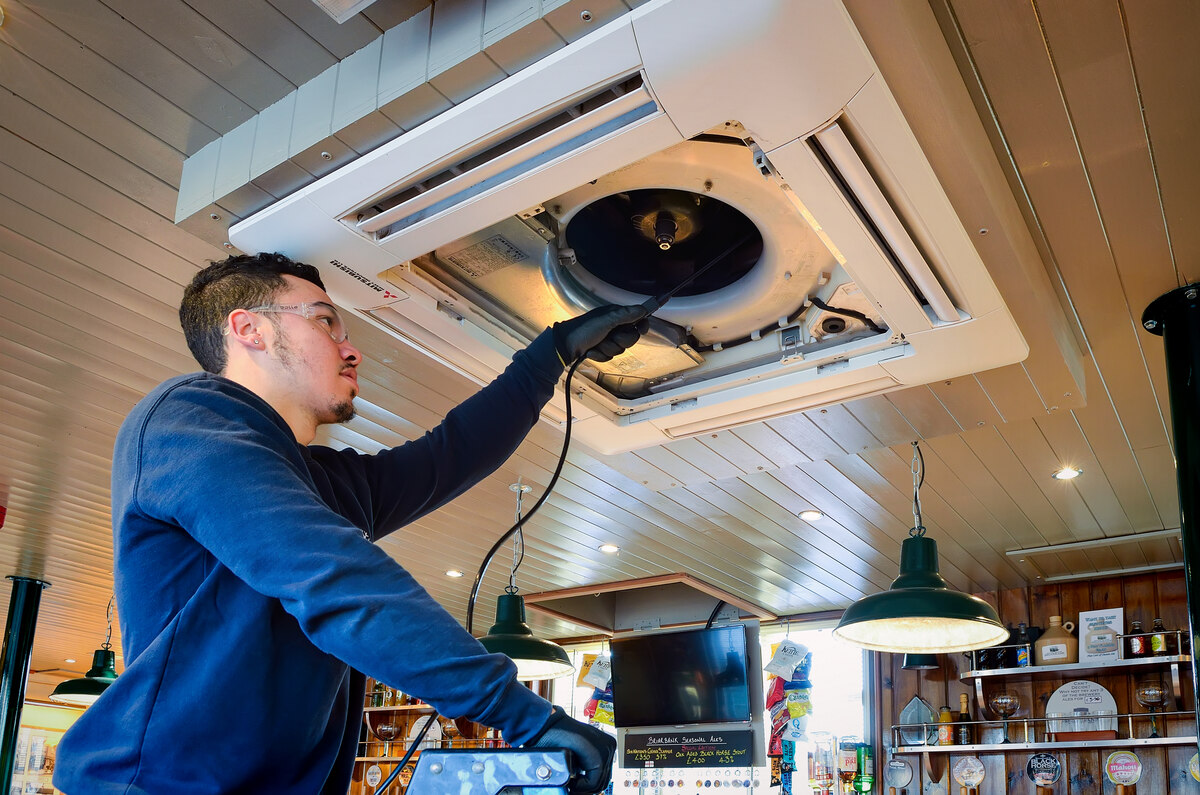
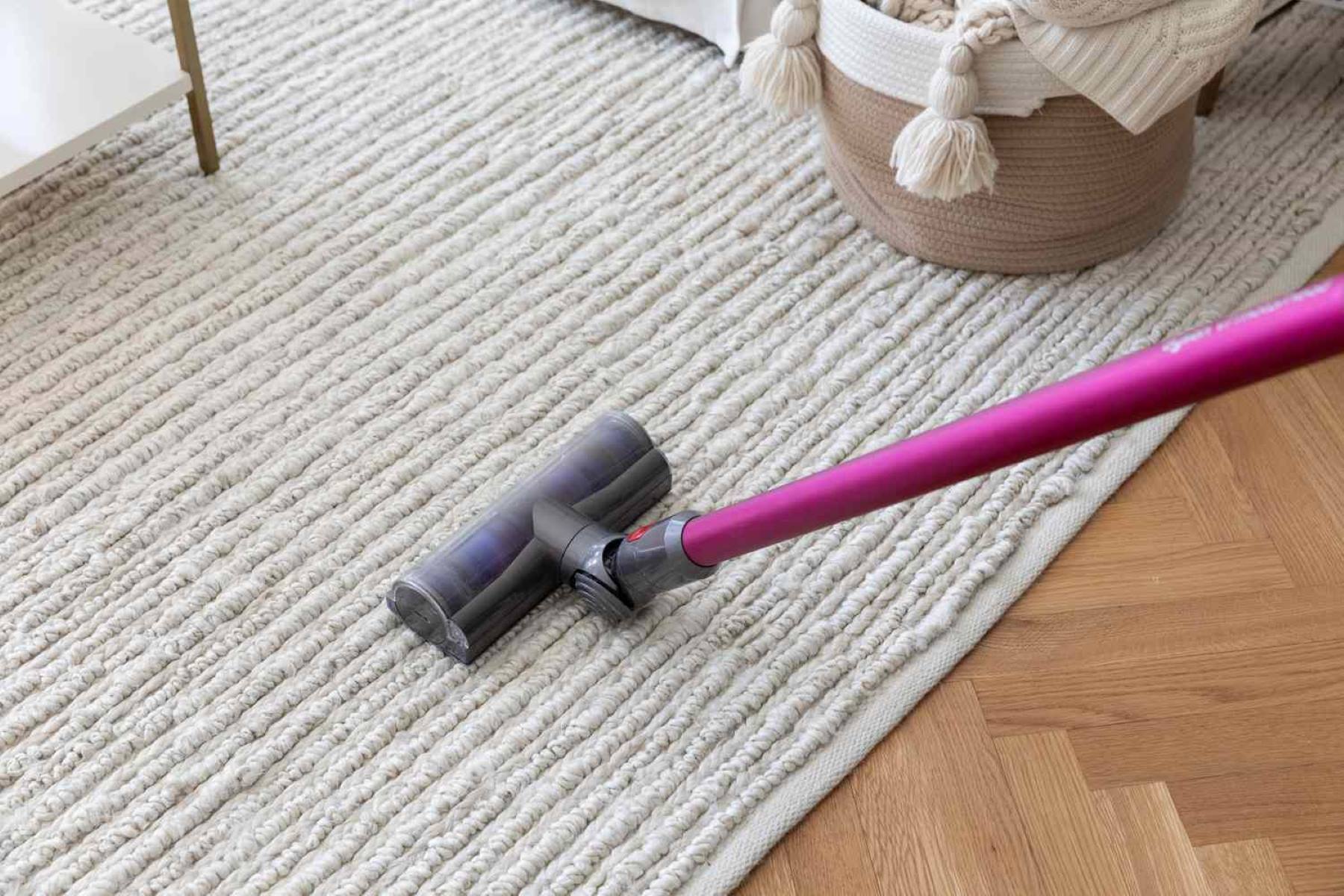
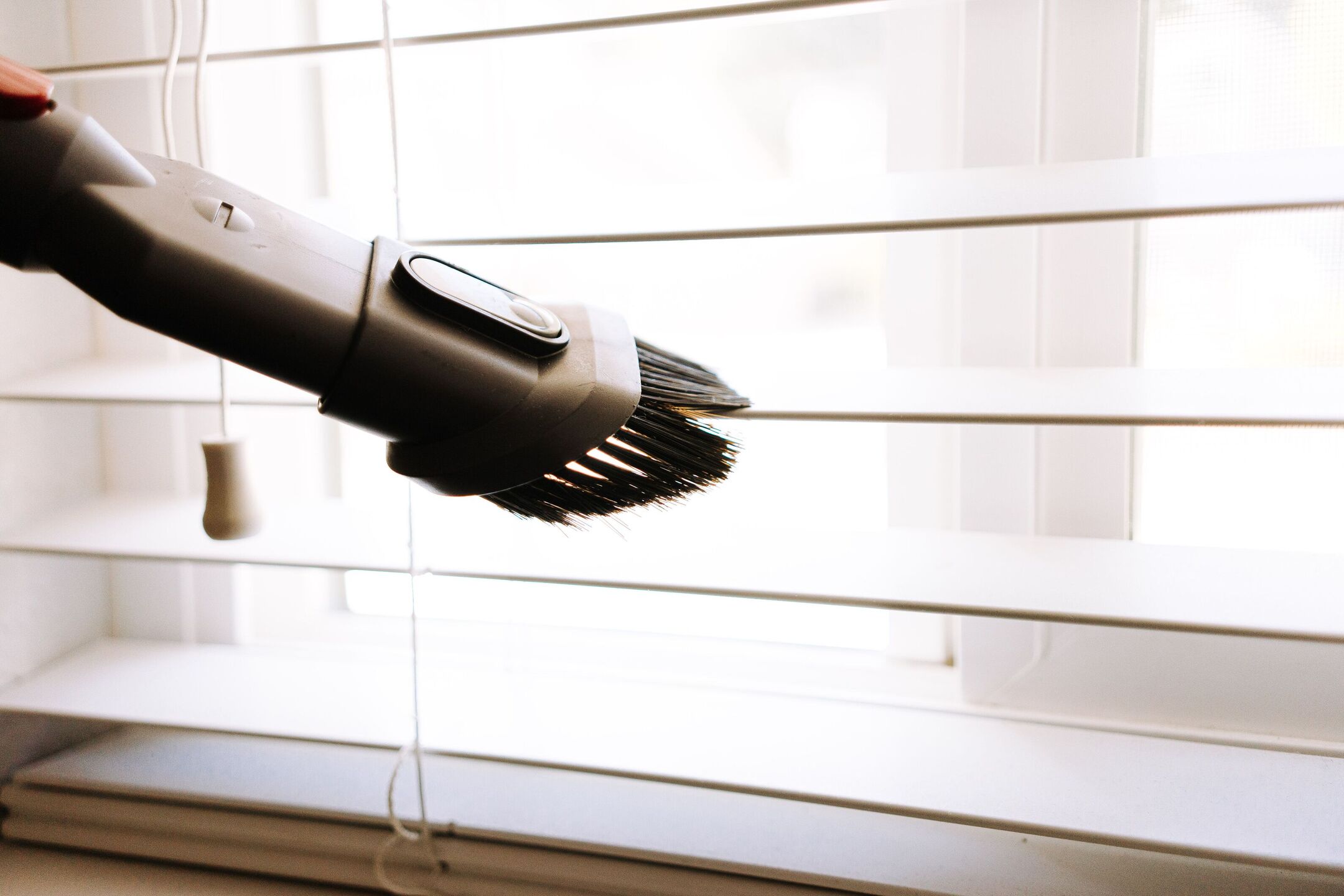




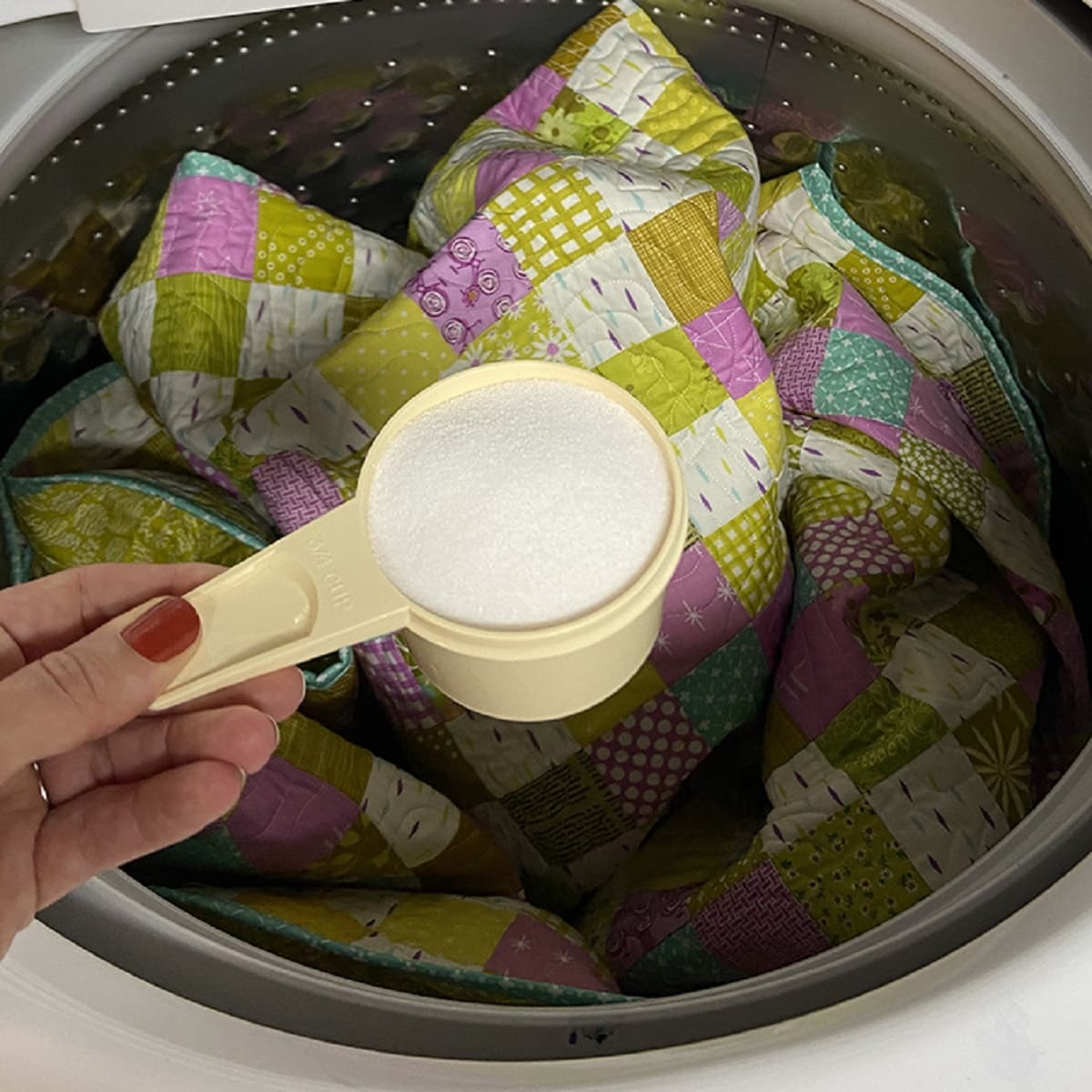
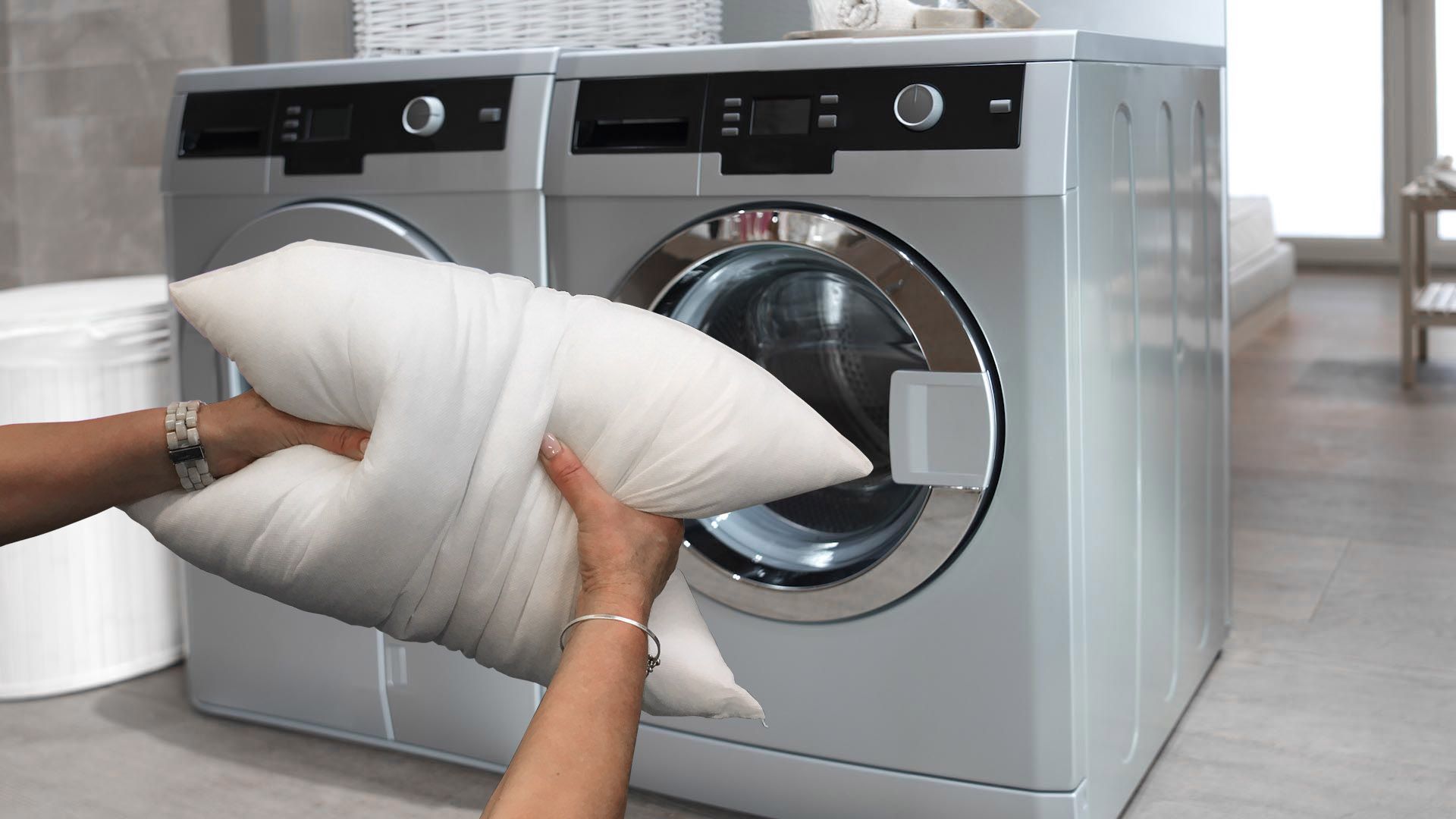
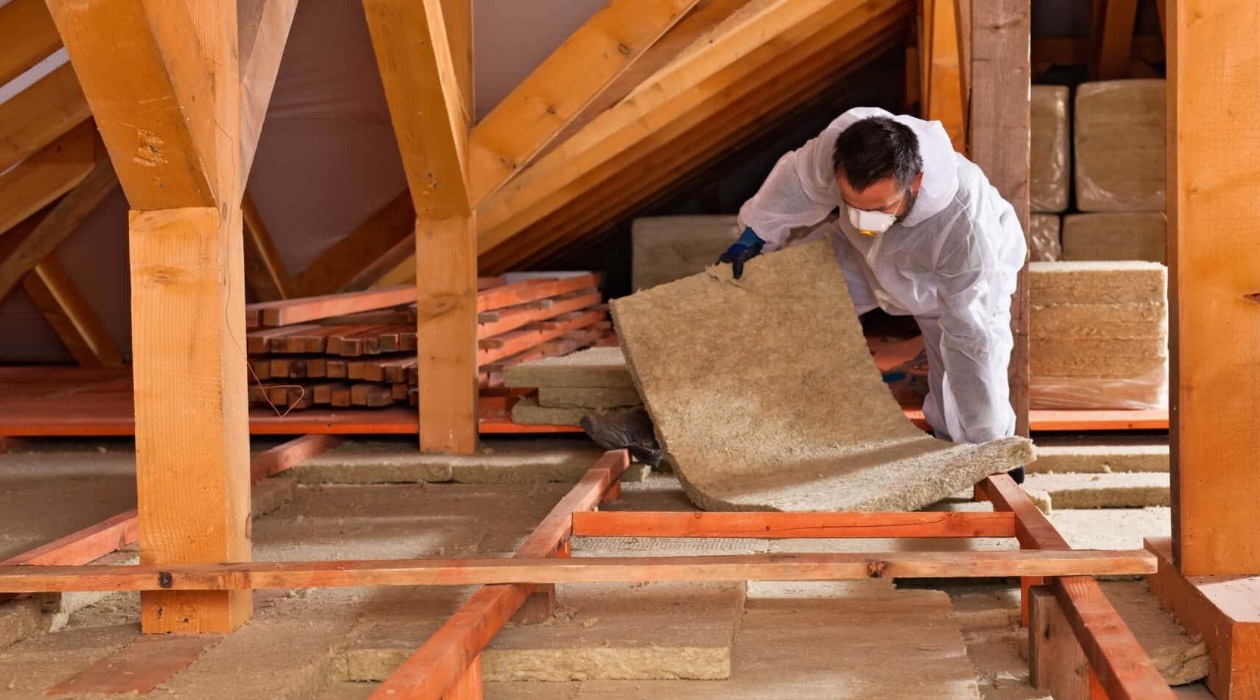


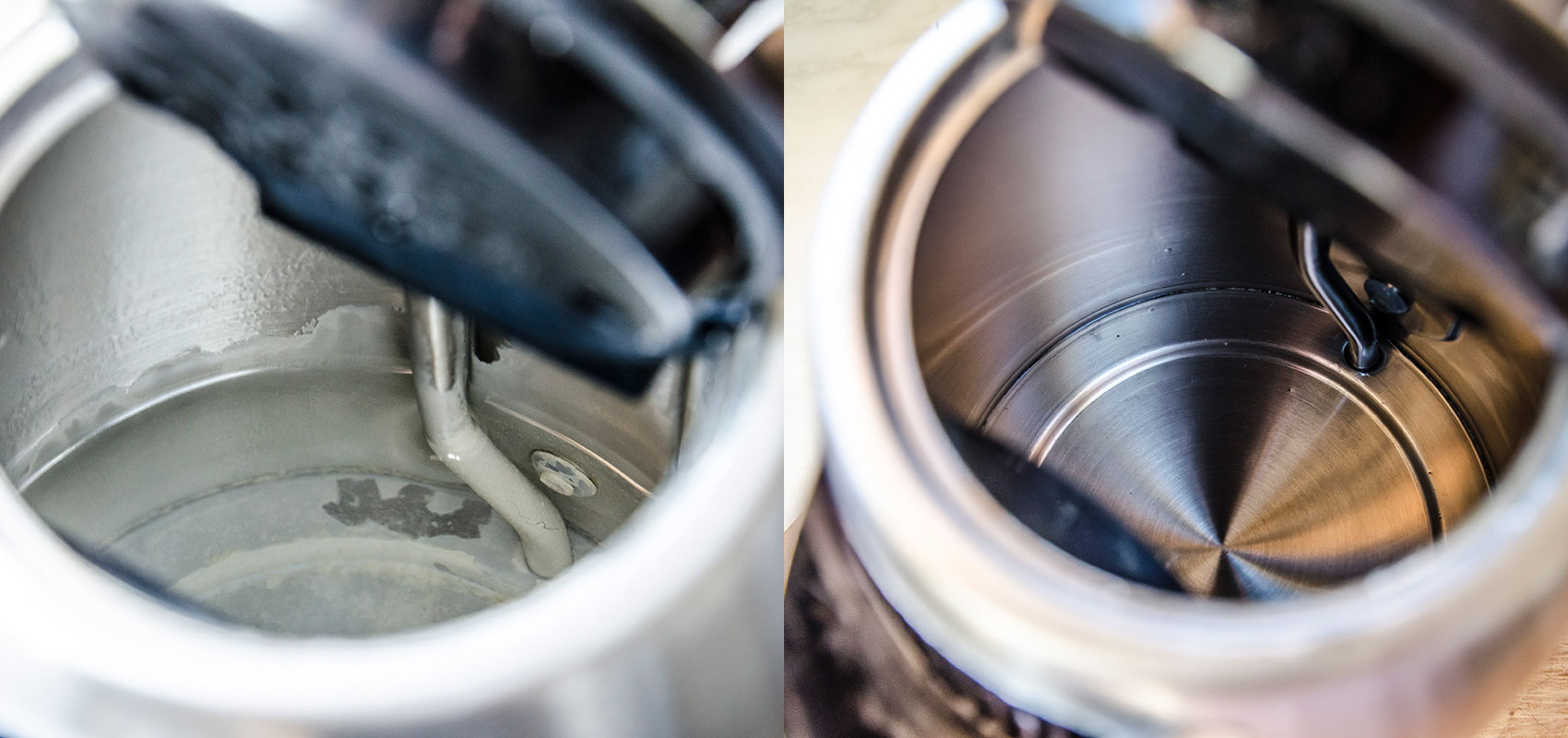


0 thoughts on “How Often Should You Service Your AC”